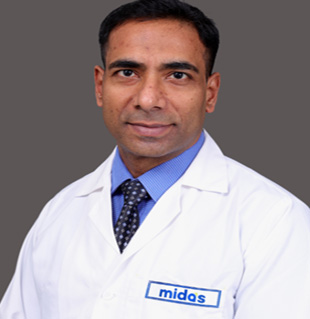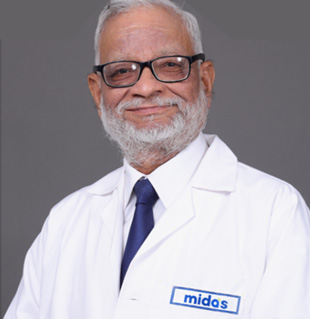Department of Gastrointestinal & HPB Surgery
The Department of Gastrointestinal & HPB Surgery, also known as the Department of Gastrointestinal and Hepatopancreatobiliary (HPB) Surgery, is a specialized medical department within a hospital or healthcare institution. This department focuses on the diagnosis and surgical treatment of disorders related to the gastrointestinal (GI) tract, liver, pancreas, and biliary system.

Here are some key aspects of this department:
Gastrointestinal Surgery: This branch of surgery deals with conditions affecting the digestive system, which includes the esophagus, stomach, small intestine, large intestine (colon), rectum, and anus. Common surgeries in this area may include procedures to treat conditions like colorectal cancer, diverticulitis, Crohn's disease, and ulcerative colitis.
Hepatopancreatobiliary (HPB) Surgery: HPB surgery focuses on diseases and disorders of the liver, pancreas, and biliary system. Surgeons in this department may perform procedures such as liver resection (partial or complete removal of the liver), pancreatic surgery (for tumors or chronic pancreatitis), and surgery for biliary tract diseases like gallbladder removal (cholecystectomy) or treatment of bile duct obstructions.
Minimally Invasive Surgery: Many surgeries in the field of gastrointestinal and HPB surgery can be performed using minimally invasive techniques, such as laparoscopy or robotic-assisted surgery. These methods involve smaller incisions, less post-operative pain, and shorter recovery times compared to traditional open surgery.
Advanced Technology: The department may have access to advanced medical technologies, such as endoscopy, imaging techniques (CT scans, MRI, ultrasound), and specialized tools for precise surgical interventions.
Multidisciplinary Approach: The treatment of complex GI and HPB conditions often requires a multidisciplinary approach. Surgeons in this department may collaborate with gastroenterologists, oncologists, radiologists, and other specialists to provide comprehensive care.
Research and Education: Many academic medical centers with a Gastrointestinal & HPB Surgery department are involved in research activities and medical education. Surgeons and medical staff may be engaged in clinical trials, publishing research papers, and training the next generation of surgeons.
Common conditions that may require the expertise of the Department of Gastrointestinal & HPB Surgery include liver cancer, pancreatic cancer, gallbladder diseases, gastrointestinal cancers, inflammatory bowel diseases, and various benign conditions affecting the GI tract and HPB system.
Patients who require surgery for these conditions are typically evaluated by specialists in this department, and treatment options, including surgical interventions, are discussed with the patient to develop a personalized treatment plan. Surgery in these areas can be complex and may involve a range of techniques, from routine procedures to highly specialized and intricate surgeries.
The operation theatres at Midas Hospital have been built with a purpose and offers the safest atmosphere for surgeons to perform and for patients to have the best results without any complications.
Specialists

























